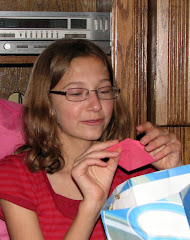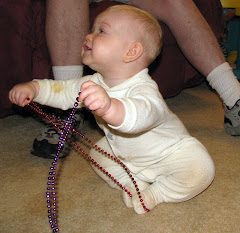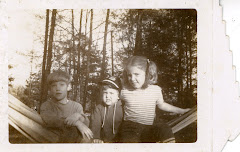Every time a cell divides, protective tips (telomeres) on the ends of its chromosomes shorten. This causes cell aging. Without these protective coverings, cell divisions are less accurate and are limited in number. In the 1980’s, Dr. Elizabeth H. Blackburn et al discovered telomerase, a protein which allows recovery in telomere lengths.
Now, Dr. Rita Effros and associates at UCLA have shown how stress with its concomitant production of cortisol can increase the rate of aging in immune cells. One of the multiple functions of cortisol is to reduce the production of telomerase and thus cause premature shortening of the telomeres.
A longer summary of this information can be found at http://www.eurekalert.org and the original article, UCLA Study Identifies Mechanism behind Mind-Body Connection, in the May 2008 issue of Brain, Behavior and Immunity.
Wednesday, July 16, 2008
Wednesday, July 9, 2008
Wow! Cheap Effective Treatment for Osteoporosis
As men and women age, there are reductions in those hormones which keep bones strong. As a result, half of the women and one-fourth of the men over 50 will have bone fractures.
How does this work?
Without proper levels of these hormones, some immune cells called T-Lymphocytes can reduce the number of your cells which build up bone (Osteoblasts) and increase the action of those which break down bone (Osteoclasts).
In this study with mice, low dosage of aspirin was found to regulate the activity of these T-cells so that more of the bone building cells were created and the activity of the cells which broke down bone was reduced.
Perhaps someday soon, the same low dosage of aspirin which helps prevent heart damage will also be used to improve bone health.
This study was done at USC School of Dentistry, with associates from UCLA, NIDCR/NIH, Australia, Japan and USC.
A longer summary of this article can be found at www.Eurekalert.org .
To see the original article, go to PLoS ONE http://www.plosone.org/doi/pone.0002615 .
Subscribe to:
Posts (Atom)



















